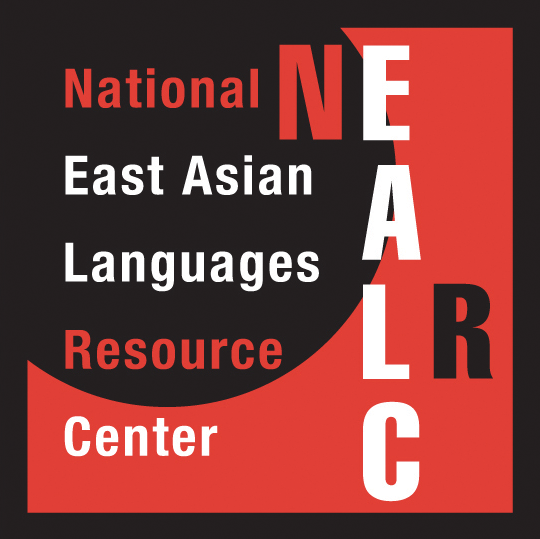After becoming a good guest, the next hurdle is to somehow get beyond the entry phase. This will allow the family to ease up in their tatemae wrapping of the guest, since a host family can’t maintain this level of deference throughout the entire homestay. Most foreign guests really want to manage this too, for it opens up their access to the everyday life of the family. But the guest (as a cultural child) has no idea how to actually get beyond the entry point. Nor can the host family usually explain what the guest needs to do, since it doesn’t occur to them that someone might not know such basic things.
To avoid this potential impasse, you need to stop thinking like a guest and start paying careful attention to the family’s everyday life, and how you might be impacting this (in other words, the behind-the-scenes perspective of the Sasaki family in 2.1). Then try to figure out how you can be helpful–by doing for yourself some of the things Okaasan is now doing for you, or by doing something–however small–that you see your family can use and that you can do. The family’s response will usually help to begin the process of your shift from the entry point, as well as your relationship with the family.
1. First, let’s see how Erika and Kaarina (whom you met in 8.1), deal with the task of shifting beyond the entry role. Compare their reports below:
- Erika and Kaarina go about trying to change their initial guest roles in different ways. Think about these differences, in terms of being helpful to their families. Do you think both succeeded equally well?
2. Now compare Sophie, Molly and Mark’s experiences below:
- Sophie and Molly were both asked to help out by their host families, but the way each was asked was different: (one request was spoken; the other was non-spoken). Do these differences tell you anything about how carefully each guest had paid attention to her family’s lifestyle? Do you think both succeeded in shifting from their entry points?
- Is Mark negotiating this hurdle? To what extent is he becoming “friends” with his family?
3. Putting the pieces together. . . Hints on getting beyond the entry point:
- “Helping out” in your family means much more than merely doing chores. Cleaning your room, doing your laundry, and helping the family with their general chores all help to make you a part of their everyday life, and this can naturally bring you inside.
- However, timing is everything. Trying to help on the day you arrive (Kaarina’s mistake) runs counter to being a good guest. You need to spend time as a guest, but use this time to assess your family’s lifestyle so you can figure out how to help effectively. Your family will also give you clues on helping out.
- Those guests who were successful in getting beyond the entry hurdle all had certain things in common: they had already established a relationship with their host families, and were able to mutually work out what kind of help they could contribute. Initially Sophie failed to do this, so after three months her host mother had to ask her directly to start helping out. Yet Sophie did manage to negotiate this hurdle. Her shock at this request (when she thought she already had been helping out) made her realize how much deference her family was still giving her! This realization, combined with her increased efforts to help, brought Sophie beyond the entry hurdle.
Main Takeaway:
Keep in mind that everything in a homestay takes place in the context of establishing a relationship with your host family. If you start building this relationship, they’ll give you cues—and sometimes tell you outright—how to keep going!





























